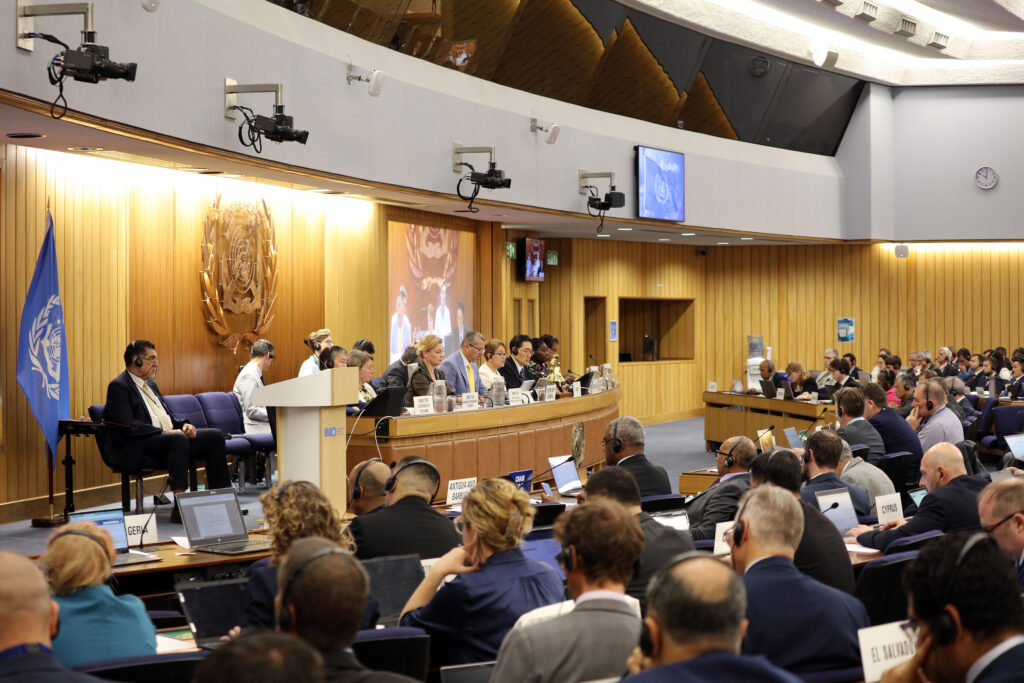Crew in tears. Heads of department walking on eggshells. Captains counting down the minutes to wrap up an appraisal they know won’t stick. Is this your experience of how yacht crew performance management is done?
If you’re in the superyacht industry, you’ve likely felt the pressure of a performance management system that just doesn’t work—an annual, check-the-box exercise that does more harm than good. With high turnover, burnout, and a culture of hiring and firing, it’s no surprise that many yachts are stuck in a cycle that undermines morale and damages team culture.
But what if performance management didn’t have to be so dramatic?
Imagine This…
- Your crew understand exactly what’s expected of them—and how they contribute to the bigger picture.
- Leaders feel confident giving regular, constructive feedback that helps people grow, not shut down.
- Crew feel valued, heard, and motivated—not panicked every time an appraisal comes around.
Welcome to performance management, reimagined. One that’s not just effective—it’s transformative.
What Is Performance Management?
At its core, performance management is not just paperwork and awkward annual reviews. It’s a set of tools, conversations, and leadership behaviors that guide crew toward success—individually and as a team.
This includes:
- Clear expectations from day one
- Regular, honest check-ins (not just once a year)
- Opportunities to grow and develop
- Celebrating wins—big and small
When done right, it’s like setting a steady course: everyone knows the direction, and you’re not waiting until the end of the season to adjust the sails.
What It Should Never Be
Let’s be real. Here’s the nightmare we’ve all seen:
The management company sends a standardised appraisal form. The crew are wrecked after a brutal boss trip. Heads of department are scrambling to fill in boxes. The captain is just trying to survive the day. No one wants to talk honestly, because the timing is terrible and the process feels meaningless.
Sound familiar? Here’s why that approach fails:
- Misaligned with your yacht’s reality: A generic form won’t capture the complexity of life onboard.
- Poorly timed: Feedback after a grueling trip? Not exactly setting the stage for growth.
- Lack of leadership skills: If leaders aren’t trained to coach, the process becomes just a chore.
So, What Does Work?
Let’s ditch the one-size-fits-all drama and build a system that actually works for your yacht. Here’s what great performance management looks like:
🔹 Set expectations early – Clear roles, goals, and standards set everyone up for success.
🔹 Give feedback often – Not just during a crisis or at the end of a trip. Regular conversations build trust and course-correct in real time.
🔹 Develop your people – Whether it’s mentorship, upskilling, or learning new responsibilities, growth matters.
🔹 Celebrate success – Recognition keeps morale high and motivates your crew to show up at their best.
This doesn’t mean overhauling your entire operation. In fact, just a few key shifts can radically improve morale, communication, and retention.
Want to Make Performance Management Work for You?
We’ve created a no-nonsense, practical toolkit to help captains, heads of department, and yacht leaders create a culture of feedback, development, and recognition—without the drama.
✅ Easy-to-use templates
✅ Tips for tricky conversations
✅ Real-life examples from successful yachts
✅ Designed specifically for the superyacht world
So, are you ready to turn your crew into a high-performing team without the stress?



